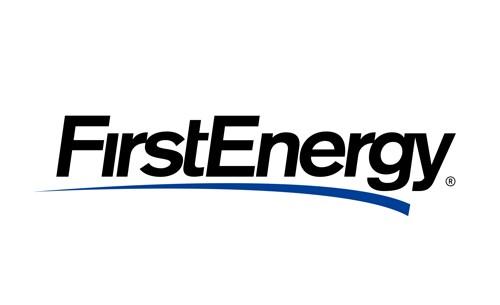
“The bill’s effects would be felt hardest by those most at risk from the impacts of air pollution and climate change, such as the elderly, the infirm, children, native and tribal groups, and low-income populations,” the White House said in a letter to lawmakers. It promised that President Obama would veto the bill if it reached his desk.
Senate Republicans have introduced a similar bill that would go even further to weaken the rule and impair the EPA’s ability to set carbon rules for power plants.
More: The Hill
Federal Judge in Wyoming Grants Temporary Stop to Fracking Rules

A district court judge in Wyoming last week granted a request to temporarily stop new federal rules governing hydraulic fracturing on public lands.
Judge Scott Skavdahl granted a reprieve until July 22, acting on a request from the oil and gas industry, which said the rules represent an “arbitrary and unnecessary” burden on drillers. Industry was joined by state governments in Colorado, Wyoming, North Dakota and Utah in stopping the new rules.
The rules would require companies to disclose chemicals used in fracking on federal land and to implement new practices to curb oil and gas leaks.
More: Reuters
DOE Approves Sabine Pass LNG Export Expansion Plan

The government’s approval came two days after the Federal Energy Regulatory Commission declined a request by the Sierra Club to reconsider its approval of the expansion plans.
The development of new domestic gas fields has transformed the nation’s energy outlook, allowing the industry to promote exports where a decade ago it had been planning to increase imports of LNG to buttress U.S. supplies. The Sabine Pass terminal will be the first large-scale plant in decades to ship LNG from the continental U.S.
More: FuelFix
FERC Denies Request to Extend Public Comment Period on Mountain Valley
The Federal Energy Regulatory Commission has turned down a request to expand the public comment session for a proposed natural gas pipeline that would run through central Virginia. Lawmakers and other officials asked for an extension of the comment period, but FERC Chairman Norman Bay declared the session ended.
The 300-mile Mountain Valley pipeline would transport natural gas from Wetzel County, W.Va., to Pittsylvania County, Va.
More: News Leader
NRC Steps up Oversight at Talen’s Susquehanna Site

The problem involves the plant’s interpretation of when to start a 15-minute clock for an emergency assessment of a radioactive leak. Plant personnel thought the clock started when it was determined that crews were unable to stop a leak. But NRC rules say the clock starts when a leak is first detected.
“It’s important during an emergency situation that state, county and local officials are provided with information in a timely manner to assess the situation and implement protective actions, if warranted,” NRC Region I Administrator Dan Dorman said in a news release. “While the probability of an event of this magnitude is extremely low, this finding points to a weakness in that area that the company will need to address.”
More: The Morning Call
DOE Study Finds Canadian Oil Sands Give off Increased Greenhouse Gases
A study funded by the U.S. Department of Energy found that petroleum extracted from Canadian oil sands produces 20% more greenhouse gases than conventional crude. The findings are consistent with long-held assumptions about oil sands production, which requires more energy to extract than conventional oil.
The study, conducted by the department’s Argonne National Laboratory, Stanford University and the University of California, noted that oil sands production is expected to double in the next 15 years, and that half of that crude could end up in the United States.
The findings are expected to fuel debate on the Keystone XL Pipeline, which is designed to transport Canadian crude to oil refineries in the Gulf of Mexico region. Final approval of the pipeline has not yet been granted.
More: Wall Street Journal (subscription required)
FERC to Prepare Impact Statement for Port Arthur LNG Project

Port Arthur LNG, an affiliate of Sempra LNG, and Port Arthur Pipeline, a subsidiary of Sempra US Gas and Power, are planning to construct and operate interrelated LNG terminal and natural gas infrastructure projects along the Sabine-Neches Ship Channel in Jefferson County, Texas.
The Port Arthur Pipeline Project includes 35 miles of pipeline to supply the export terminal. Part of an existing state highway and as many as five existing pipelines will need to be relocated as part of the project.
More: LNG Industry









